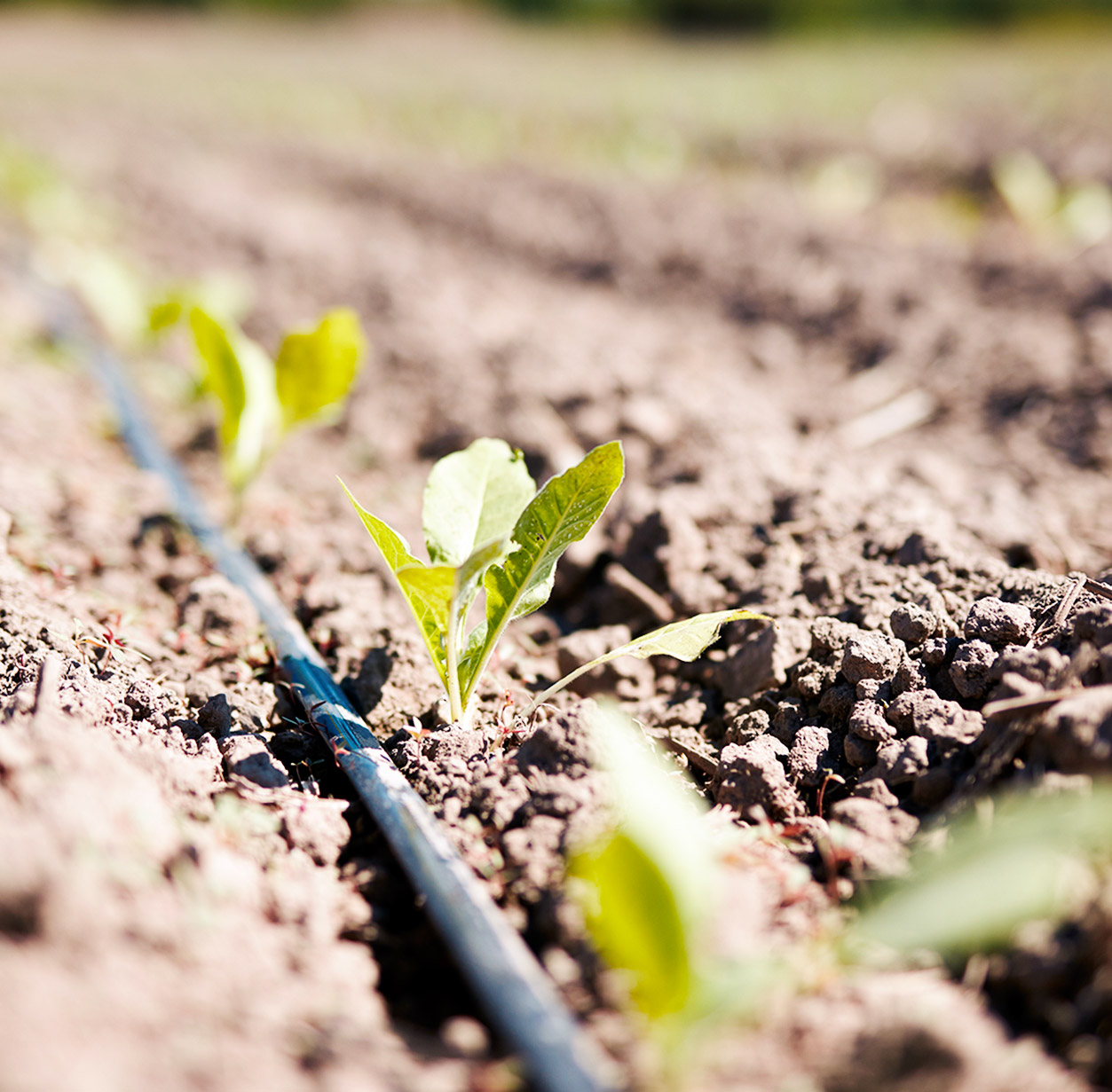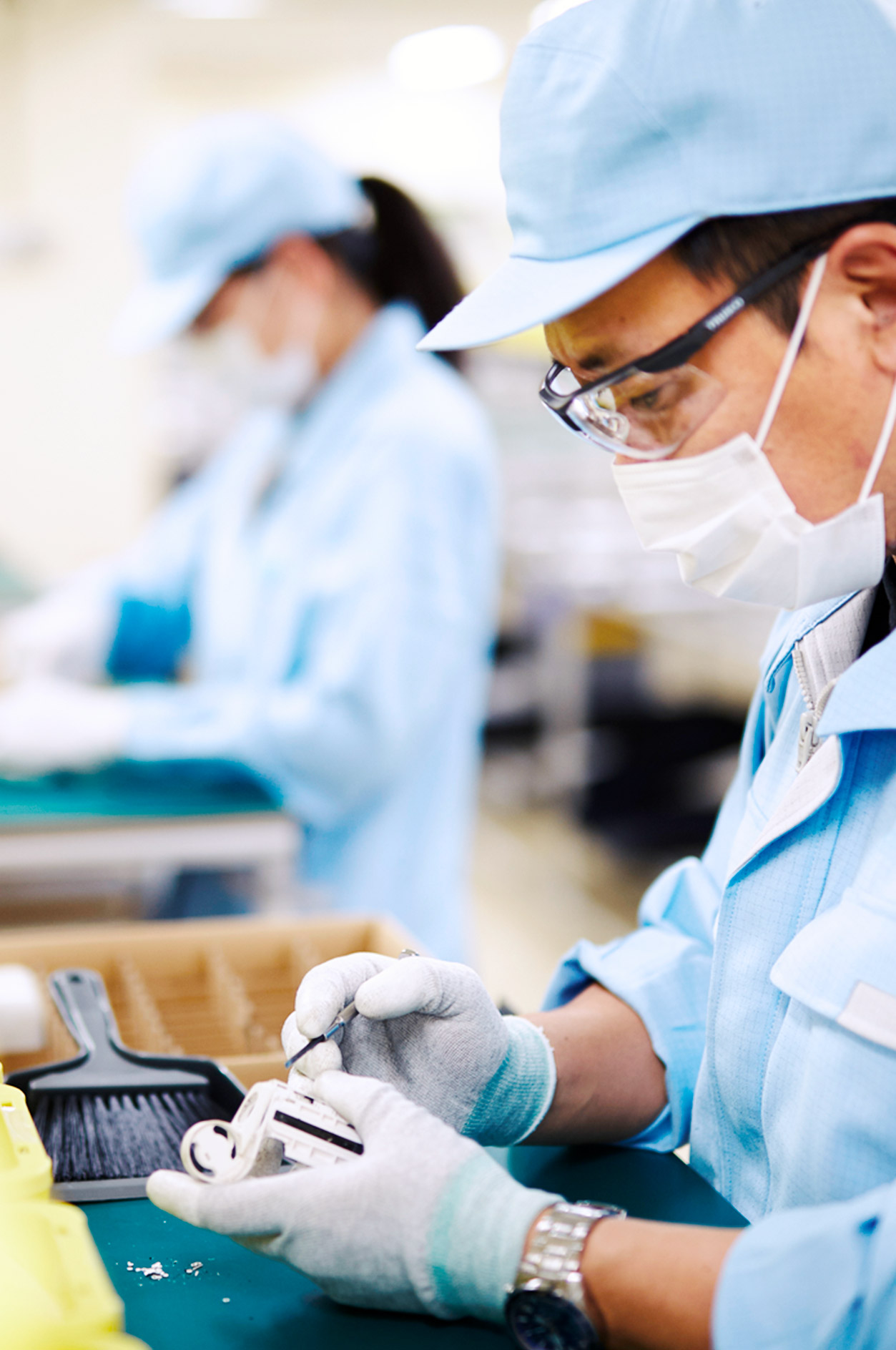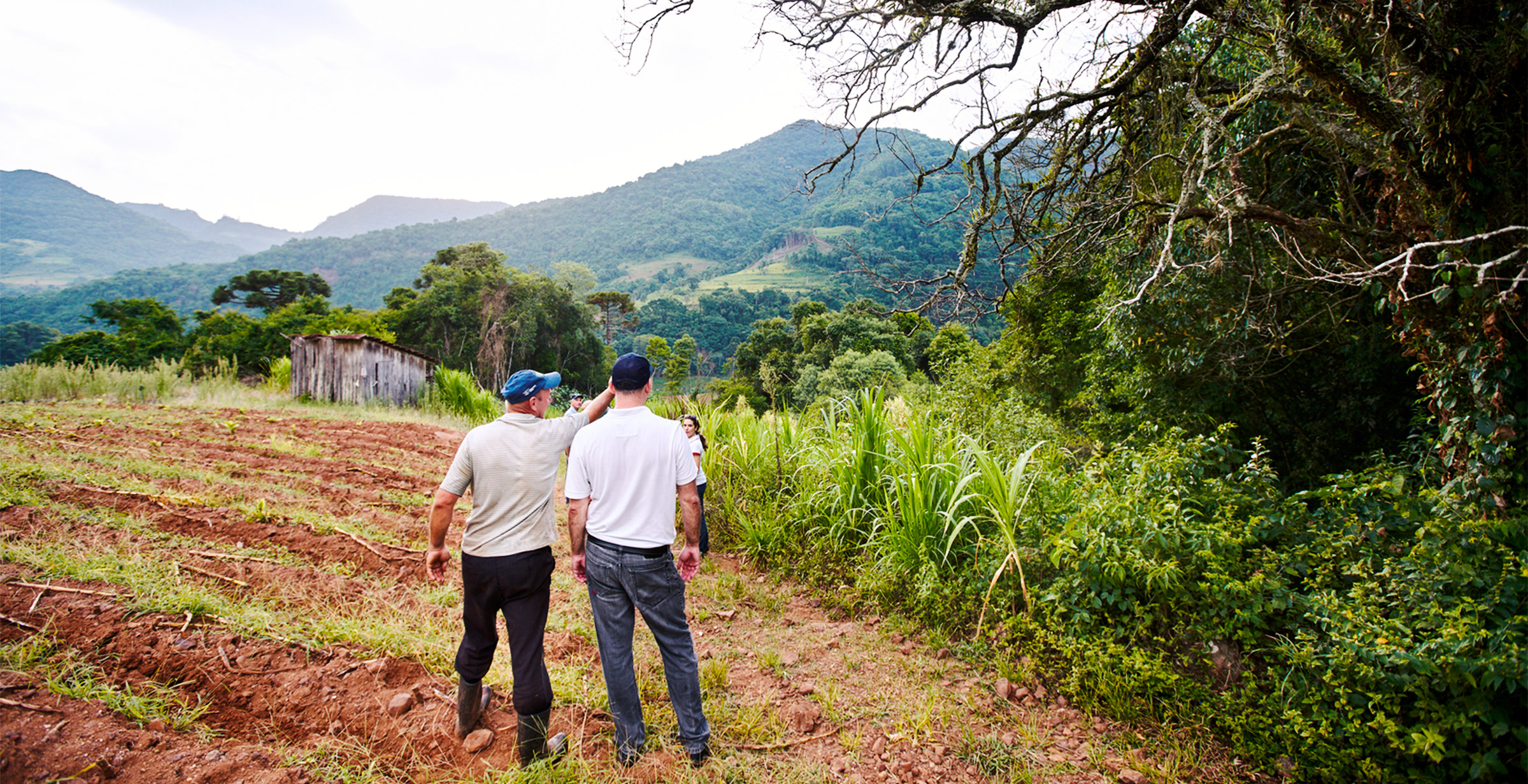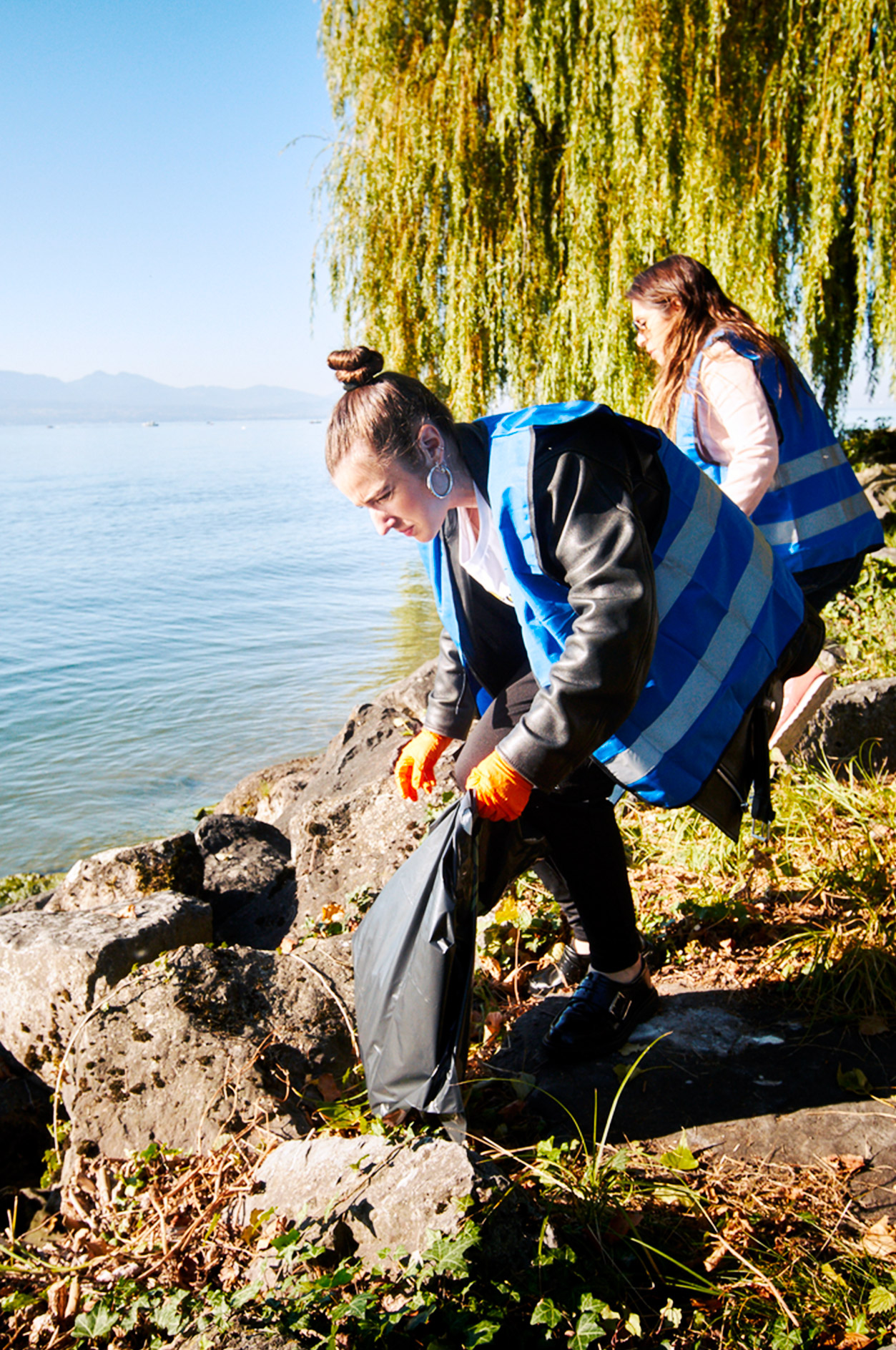

What role can Philip Morris play in the fight against climate change?
The effects of climate change and the rise in sea levels are being felt at every level of society in every country of the world. Without concrete and widespread action to limit global warming to 1.5ºC, the economic and human impact of geophysical disasters are widely predicted to be catastrophic for livelihoods, biodiversity, agriculture, industry and finance. At this crucial juncture in history, corporate social responsibility is more important than ever. Businesses such as Philip Morris International (PMI) are not only accountable to their stakeholders, but to the planet and society at large, and, with this in mind, the company has made climate protection a clear priority, aligning its targets with those outlined in the UN Agenda 2030 for Sustainable Development.

Becoming carbon neutral
The ambitious range of measures that PMI is implementing has already seen the company listed on the A Lists for climate protection, water security and forest disclosure of the CDP (Carbon Disclosure Project) for six years running. Some of PMI's carbon reduction achievements so far include the transformation of its Swiss operations centre in Lausanne – which in 2018 became carbon-neutral, saving 10,000 litres of water and 40,000 cubic metres of gas annually – and its major manufacturing facility in Neuchâtel, Switzerland, along with similar projects around the world. In line with the goals set out in the UN Agenda, and following the recommendations of the Intergovernmental Panel on Climate Change (IPCC), the company plans to become carbon neutral by 2030.

Some of the measures put in place at the factory in Neuchâtel include the installation of a wind turbine, solar panels, and charging points for electric cars. The facility was already using water from the adjacent lake to cool machinery and buildings in 1964 and will now use the same water for heating, via two installed heat pumps. The water will then be cooled again and released back into the lake. The factory this way uses around 2,500000 tons of CO2 fewer, and reached carbon neutrality in June 2021.
Elsewhere, PMI’s Lithuania factory, in Klaipeda, has worked for ten years to become carbon neutral, an achievement that was celebrated in October 2019 with certification from the Swiss non-profit organisation myclimate, which also certified the Lausanne operations centre and the Neuchâtel factory.
“This is a huge step,” said Jens Rupp, head of environmental sustainability at PMI. “So far, very few global companies have committed to making their entire manufacturing process climate neutral. This is a great demonstration of our commitment, and a sign that, if we take the right steps, we can achieve carbon neutrality.”
By 2050, the transformation will take place across the entire value chain – from tobacco growing and curing, and sourcing of materials, to distribution and consumer waste.
Eco-design and eliminating waste
An important pillar of any wide-reaching plan for sustainable change is the development of a circular economy, in which waste is largely eliminated and resources can be reused. In real terms, this means that PMI has prioritised the sourcing of sustainable materials and, wherever possible, aimed for lifetime optimisation in its smoke-free products, which will carry eco-design certification. In 2020, 89.8 per cent of its packaging material was renewable, while PMI’s device recycling rate was between 40 and 84 per cent, depending on the product. Electronic device recycling is a new challenge for the company, which continues to carry out extensive research into the most efficient methods of cutting down on consumer waste.
Becoming more efficient and upscaling levels of recyclability is only half the story, however, and strengthening its collection programme will be crucial. PMI hopes to ensure access to collection points for all smoke-free product users by 2025.

Forest conservation and biodiversity
Every year around 13 million hectares of forest are lost around the world, destroying vital habitats for wildlife and putting the livelihoods of local communities in jeopardy. Forests capture carbon, and the conversion of these environments to other uses contributes hugely to the emission of greenhouse gases. Combatting deforestation in areas affected by its operations, in both the supply chain of tobacco and in paper packaging, is high on PMI's sustainability agenda and it is aiming for zero net deforestation of any natural forest in these areas by 2025.
One of the ways in which PMI shows its commitment to protecting biodiversity is with the restoration of land that was formerly forested, and the company's Good Agricultural Practices programme sets out extensive plans to source sustainable wood fuel. The company also encourages farmers in its supply chain to remove hazardous pesticides from their production methods, while promoting safer alternatives.
Working to reduce litter
The tobacco industry produces one million tons of cigarette filters every year and these have become the most littered item on earth, making up more than a third of all waste discarded in public spaces. The aim is to reduce littering at its source by encouraging and enabling smokers to dispose properly of their cigarette butts.

Aware of its responsibility to combat the environmental and social impact of littering, PMI has launched various collection and prevention initiatives. As part of World Clean-Up Day in September 2019, PMI employees collected more than 827,000 cigarette butts. In partnership with a wide range of stakeholders, PMI actively campaigns to promote correct disposal – aiming to achieve a 50 per cent reduction in plastic litter by 2025 – and is funding research into more eco-friendly filter alternatives.
Water conservation
Reducing the amount of cigarette butts that end up in the oceans is only one way in which PMI is working to tackle water pollution and safeguard local and global water resources. With the aim of minimising the water consumption used in manufacturing, PMI has signed up to the Alliance for Water Stewardship (AWS), a multi-stakeholder initiative dedicated to water management. Eleven of PMI’s factories have already received AWS certification, beginning with the Brazil facilities in 2018, which were joined in 2019 by factories in Portugal, Italy, Russia, Turkey and Indonesia. By 2025, PMI expects all its factories to be AWS-certified.
Working with local communities, the company is committed not only to eradicating water pollution, but also to dealing with issues brought about by changing climatic conditions. These include the development of drought- and flood-tolerant seed varieties.
Actions speak louder than words
PMI’s approach to sustainability is twofold: reducing carbon emissions, and contributing to social goals by improving lives in the communities of the countries in which PMI operates. Laurence Ruffieux, the company’s director of operations sustainability, is determined to ensure that PMI turns its stated aims into a reality.
“Saying that we have a target to reduce carbon emissions by X percent doesn’t really say much to people, does it?” she asks. “Being carbon-neutral, reaching zero net emissions, that’s more concrete. And so is our target of zero net carbon emissions in all our factories by 2030. But we also have to lead by example, and show people that creating carbon-neutral manufacturing around the world is feasible. It’s a matter of applying energy-saving solutions and technology to our ambition, and using renewable energy.”





